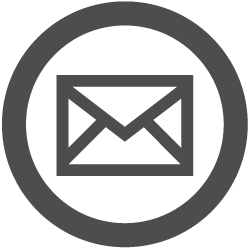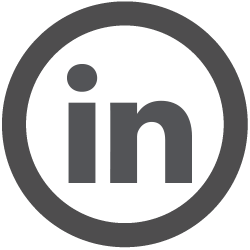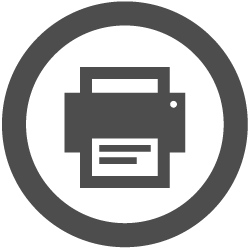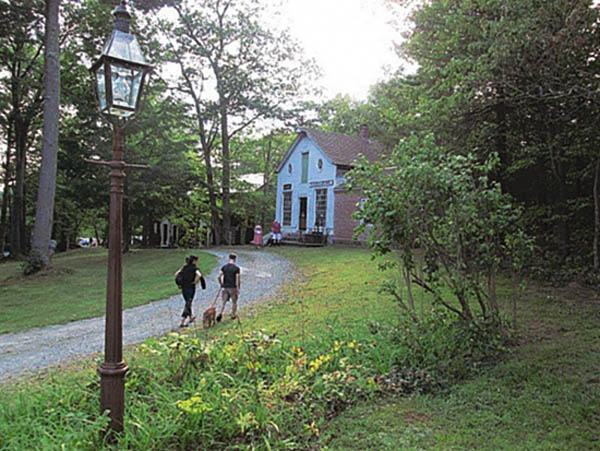Historical Workshops Will Be Held At Eastfield Village
“British And American Historical Ceramics-Networks, Connections, And Influences” Set For June 23 And 24
Katelyn Coughlan, an archaeological analyst at Thomas Jefferson's Monticello, will present Beneath The Surface: A Glimpse at Ceramic Artifacts from Thomas Jeffersons Monticello.
The lecture will discuss ceramic consumption at Monticello and explore the wide variety of both domestic and imported wares found across the plantation. The role of archaeology and how it plays in understanding the acquisition of these ceramics by both the Jeffersons and the enslaved population living in and around the main house will be highlighted.
Rob Hunter, editor, Ceramics in America, will present Does Ceramic History Matter? An Evaluation of Ceramics in America.
Over 17 years, Ceramics in America, published by the Chipstone Foundation, has featured dozens of major articles on 400 years of American ceramics history. This presentation is to review some of the many highlights and, more importantly, outline directions for the next decade of much-needed research.
Deborah Miller, archaeologist, AECOM, and Brenda Hornsby-Heindl, Ceramic Department head, Jeffrey S. Evans & Associates, will present Family, Form and Functionality: Potters and Pottery from Washington County, Virginia.
Backcountry ceramics capture the spirit of American ingenuity, bearing witness to the hardscrabble life of early artisans, tradesmen and their kin. Such is true for pottery made along the Great Road, where potters in the mountains and valleys of Southwest Virginia established the rich pottery traditions that we know today.
Hal and Eleanor Pugh, proprietors, New Salem Pottery, will present Quakers: The Muted Potters of Influence.
The lecture will explore the Quaker potters of North Carolina and the interrelationship of religion, family, marriage, and apprenticeship within and outside of the state. Topics are to include the innovation of their craft, the influence of resource location, trade, and sharing of ideas. The Pughs will also demonstrate wheel throwing, pipe making, and slip decorating.
Andrew Richmond, president, Wipiak Consulting & Appraisals, will present Potters and Pottery and Things That Go: Production, Trade, and Consumption in 19th-Century Ohio (and Beyond).
The opening of the Northwest Territory in 1788 brought waves of immigrants, including potters, from all points in America and beyond. The vast river system in Ohio made it a prime spot to make and distribute pottery. Before long, the development of canals and railroads further increased market connectivity...then things got interesting.
Jonathan Rickard, collector and author, will present Dipped Ware Discoveries, which will cover things we've learned in the last 20 years.
A tour of Don Carpenter's pottery workshop will be led by Scott Penpraze of the Historic Eastfield Foundation. Penpraze will also demonstrate some of the equipment used in the shop to produce plates, cups and bowls.
Participants are encouraged to bring ceramics from their collections for display and discussion. The Historical Ceramics Symposium is supported by the Historic Eastfield Foundation via the Echo Events Fund.
There will be many other programs and workshops offered. Eastfield Village is not a museum open to the public. It is located in East Nassau, N.Y.
For information, visit www.historiceastfield.org.
Image courtesy of the Historic Eastfield Foundation.






